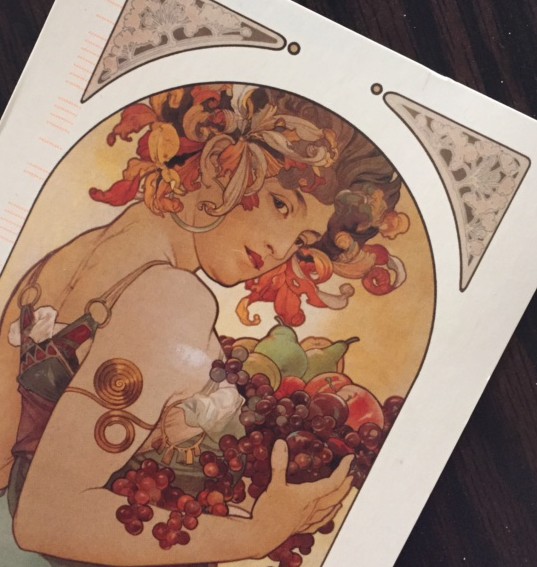Medulla was the last Björk album I listened to with religious intensity. After that, there was a parting of ways, a stupid feeling that she had peaked and it would be embarrassing to have her newer output wash away the intensity of old. But back then, once upon a time, Björk was Music 101. Her alien-accented voice not only turned my knees to jelly, it also represented an expansion of my consciousness. She taught me that music need not always be comforting and happiness-inducing, that it was not necessary for the words in a song to rhyme, that discordance can transport you to a new world. My knowledge and my appreciation of music became inconsequential, it felt like I knew nothing. She challenged my taste, she made me hunger, and I fell in love.
I would be distorting facts to suit the point at hand if I said that everything I subsequently listened to was because of Björk. But I’ll admit this: the kind of music I love and actively seek features female artistes twiddling knobs and going bat-shit crazy with their voices. I attribute this completely to my not-quite-adolescent slobbering over her, and the need to satisfy the musical hunger she brought into my life.
‘Crystalline’ from Biophilia, her latest album, is not a song, in my opinion. It’s a synaesthetic experience, especially if you own an iDevice. The song saw life as an App, where you had to guide a gliding object through three-dimensional tunnels, picking up crystals on the way. What you pick determined what you heard. Instead of being a distraction, the game became a mesmerizing visual interpretation of the musical experience. Suddenly, Björk has found a new way of crawling out of my headphones into the hidden places of my brain.
Side note: The tinkling chord progression that cocoons the majority of the track is played on the gameleste, a combination of the Indonesian Gamelan and the celesta that was commissioned by Björk for this album. There’s a lovely Youtube video that shows the making of the instrument, here.
It is easy to say that the last minute of the song, where the drums cut loose, is the Epic Win moment of the album. But listen closer. If the beat were a living thing, I would say that the composer almost eases it into that last minute. When the song begins, the beat tiptoes into the sound-scape tentatively, a bass kick at a time, and then tries to settle into a hissy groove. But like a petulant child that cannot decide how best to draw attention to itself, it tries to be oh-so-quiet; then froths and seethes, trying to attach itself to the loop sailing smoothly by in whatever way it can. Björk’s voice flirts again and again with the percussion in subtle ways – the rolling ‘r’ when she rhymes “with our hearts” with “quartz”, of the drawn-out sibilance of her “polygonssss”. But it is also the voice that keeps the beat in check, forcing it to morph into different rhythmic sub-explosions in course of the song as it tries to break free of the claustrophobic layers of chorus and gamelesta. Until that crucial last minute when, as the chimes fade away, the drums declare independence. It is pure, gleeful sonic destruction, and one can almost imagine her standing on one side and smiling at her creation as it lays waste to the house that the song built, the impotent sputters and fizzes transformed into violent, happy percussion patterns.
It ends the same way it begins – without warning. And I am in love again.
